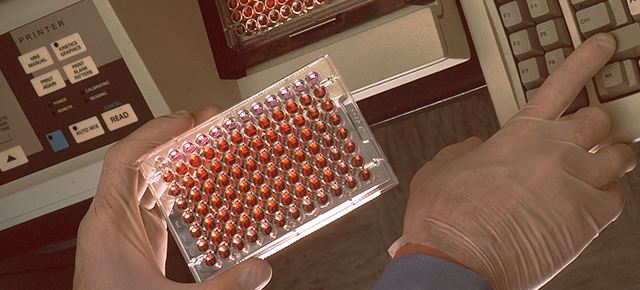It’s all connected: circadian clock, microbiome and response to diet
Disrupt the circadian clock, and metabolism will change. Alter the microbiome and, again, metabolism will change. Would altering the circadian clock affect the microbiome? Dr.
Read More




